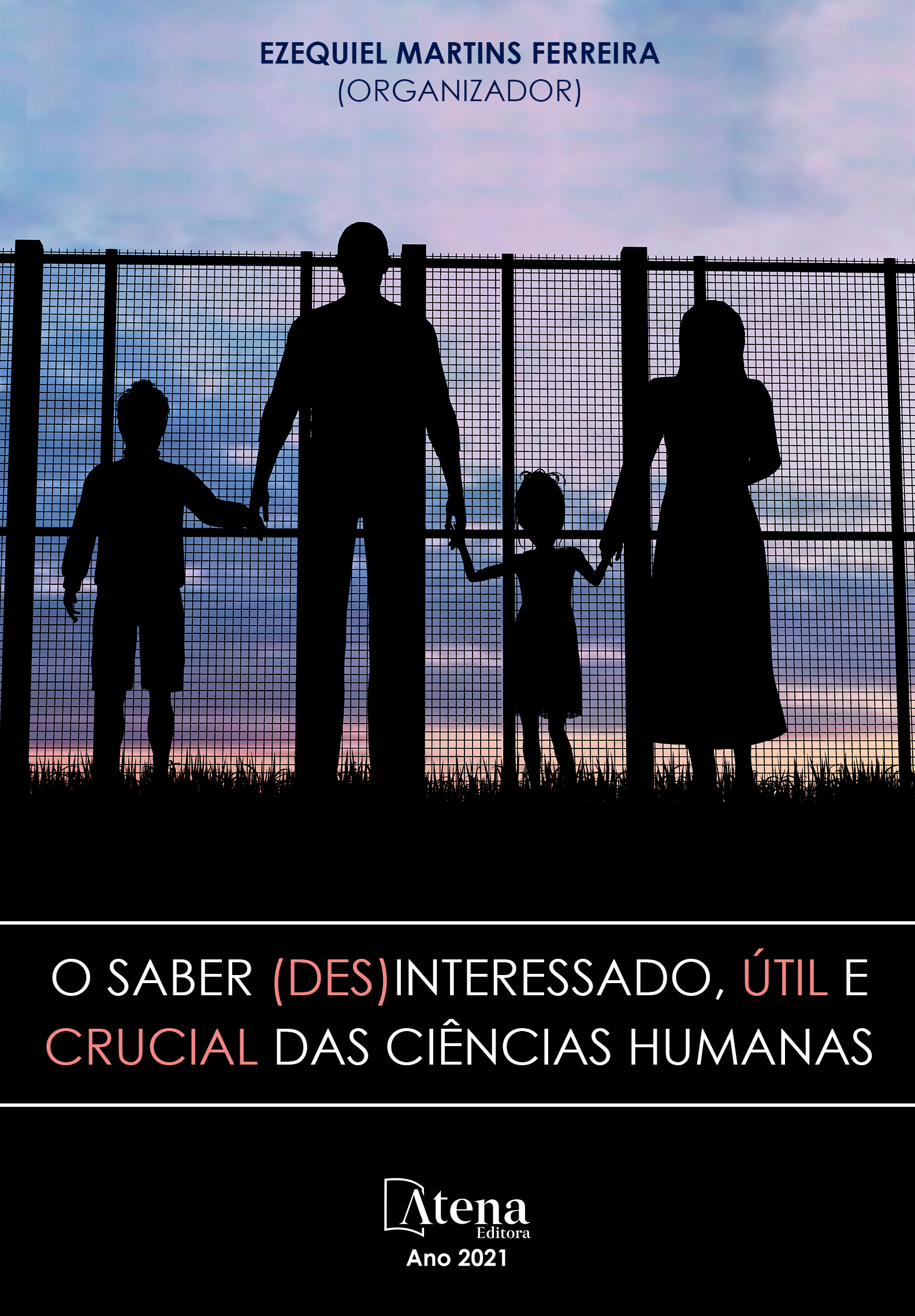
DOENÇA DE ALZHEIMER: ENVELHECIMENTO, ELABORAÇÃO DE PERDAS E INTERGERACIONALIDADE
Introdução: A população de idosos aumentou significativamente nas últimas décadas e uma das principais repercussões no campo da saúde foi a identificação da prevalência das demências, especialmente a doença de Alzheimer. Por tratar-se de doença neurodegenerativa progressiva e irreversível, é imperioso aos pesquisadores do campo do Envelhecimento investir em estudos e abordagens que considerem o impacto da doença nas relações intergeracionais. Metodologia: trata-se de revisão bibliográfica e estudo de caso[1], tendo como perspectiva a problematização sobre a clínica psicanalítica e sua prática junto a indivíduos que atravessam o processo de envelhecimento, abordando um caso clínico apresentado à equipe multiprofissional do Núcleo de Atenção ao Idoso (NAI/UnATI/UERJ). Resultados: Com as perdas cognitivas, que aumentam progressivamente, o sujeito passa a apresentar, além da perda da memória, a perda de sua autonomia, ficando extremamente dependente de terceiros para a execução de tarefas básicas. Em nosso estudo, problematizamos tais aspectos em associação com suas repercussões nas relações estabelecidas entre familiares, profissionais e instituições de saúde responsáveis pelo cuidado. Numa sociedade que exige dos adultos jovens o investimento nos estudos e que ainda reforça a centralidade do trabalho, o papel de cuidar recai sobretudo sobre a mulher, que pode ser a esposa, a filha, a nora, evidenciando a feminização do cuidado como uma característica marcante do processo que envolve o envelhecer com Alzheimer. Conclusão: Pensar a velhice como um constante e sempre inacabado processo de subjetivação é uma direção. Sinaliza-se a importância de estudos futuros por parte dos profissionais de saúde que abordem a ainda incipiente produção acadêmica acerca da intergeracionalidade presente na relação com o idoso adoecido por Alzheimer e seus impactos para os responsáveis pelo cuidado.
DOENÇA DE ALZHEIMER: ENVELHECIMENTO, ELABORAÇÃO DE PERDAS E INTERGERACIONALIDADE
-
DOI: 10.22533/at.ed.46121141011
-
Palavras-chave: Doença de Alzheimer; Envelhecimento; Feminização do cuidado; Intergeracionalidade.
-
Keywords: Alzheimer's disease; Aging; Feminization of care; Intergenerationality
-
Abstract:
Introduction: The elderly population has increased significantly in recent decades and one of the main repercussions in the health field was the identification of the prevalence of dementias, especially Alzheimer's disease. As it is a progressive and irreversible neurodegenerative disease, it is imperative for researchers in the field of aging to invest in studies and approaches that consider the impact of the disease on intergenerational relationships. Methodology: this is a bibliographic review and case study, with the perspective of problematizing the psychoanalytic clinic and its practice with individuals who are going through the aging process, addressing a clinical case presented to the multiprofessional team of the Elderly Care Center ( NAI / UnATI / UERJ). Results: With cognitive losses, which progressively increase, the subject starts to present, in addition to the loss of memory, the loss of their autonomy, becoming extremely dependent on third parties for the execution of basic tasks. In our study, we problematize these aspects in association with their repercussions on the relationships established between family members, professionals and health institutions responsible for care. In a society that requires young adults to invest in studies and that still reinforces the centrality of work, the role of caring falls mainly on the woman, who can be the wife, the daughter, the daughter-in-law, highlighting the feminization of care as a characteristic of the process that involves aging with Alzheimer's. Conclusion: Thinking about old age as a constant and always unfinished process of subjectification is a direction. The importance of future studies by health professionals that address the still incipient academic production about the intergenerationality present in the relationship with the elderly sick with Alzheimer's and its impacts on those responsible for care is highlighted.
-
Número de páginas: 12
- Sandra Rabello de Frias
- Luciana da Silva Alcantara


